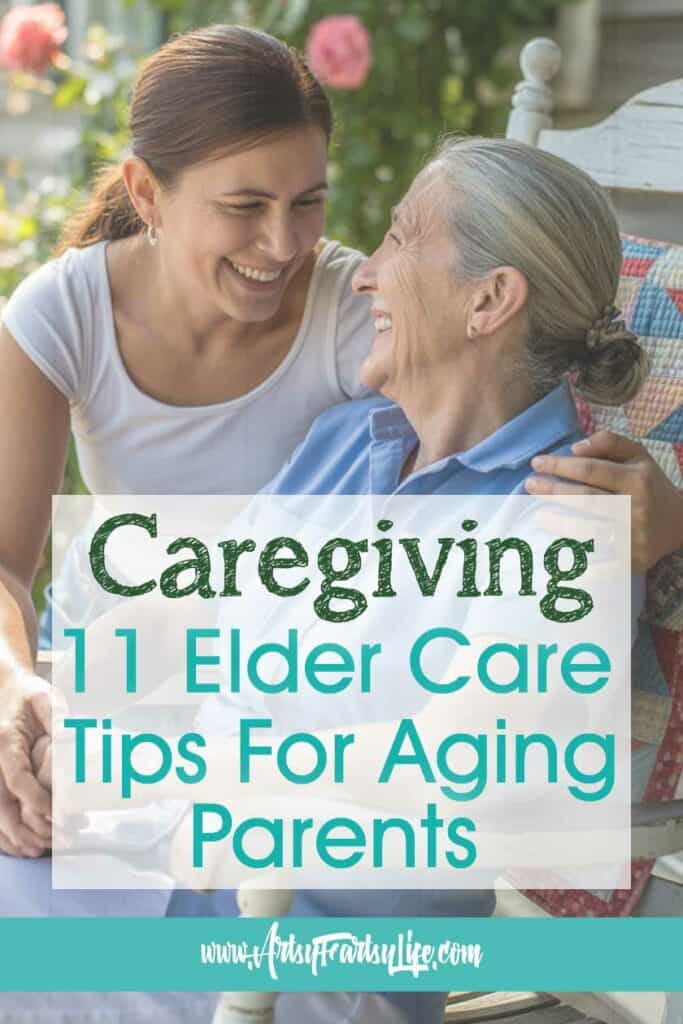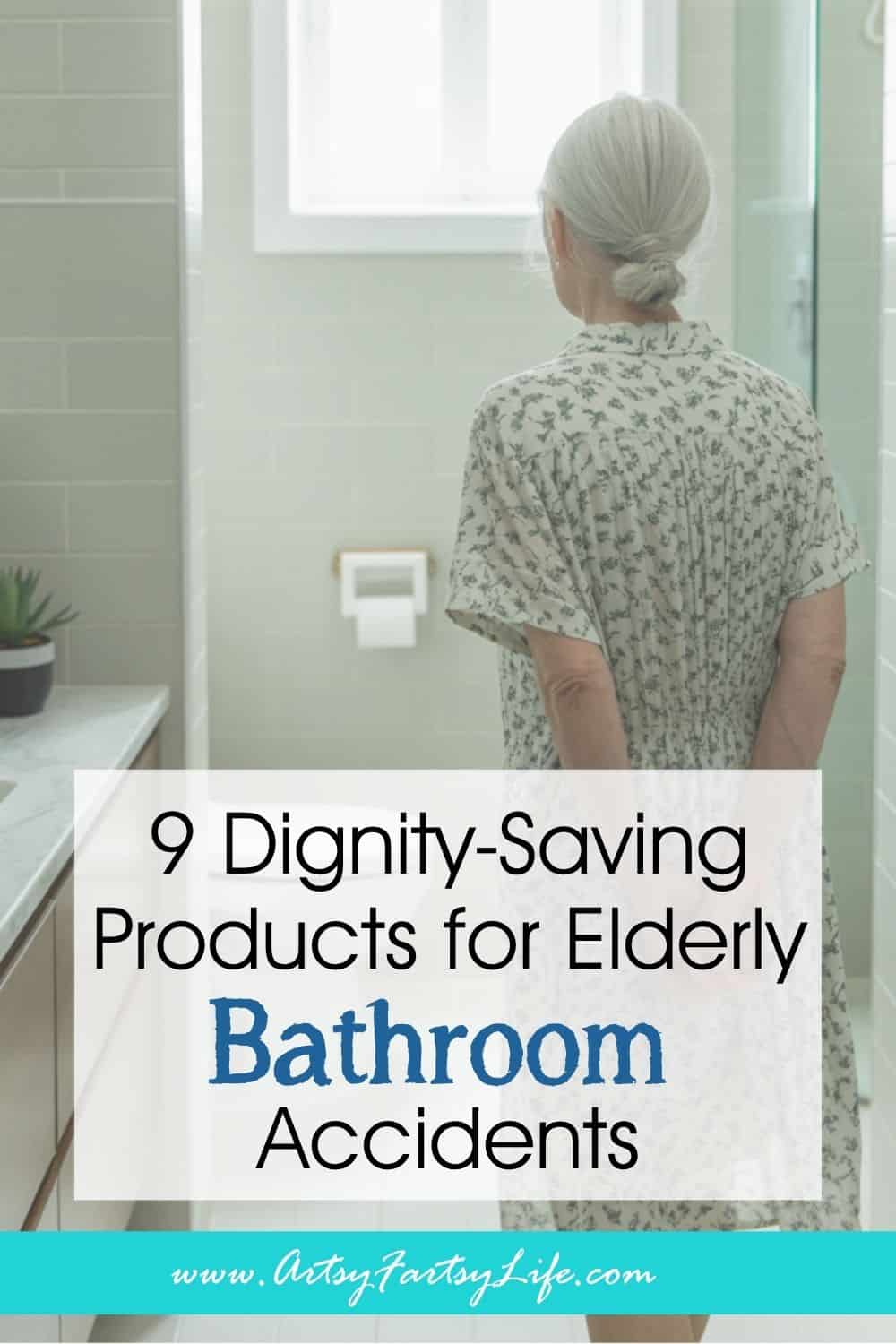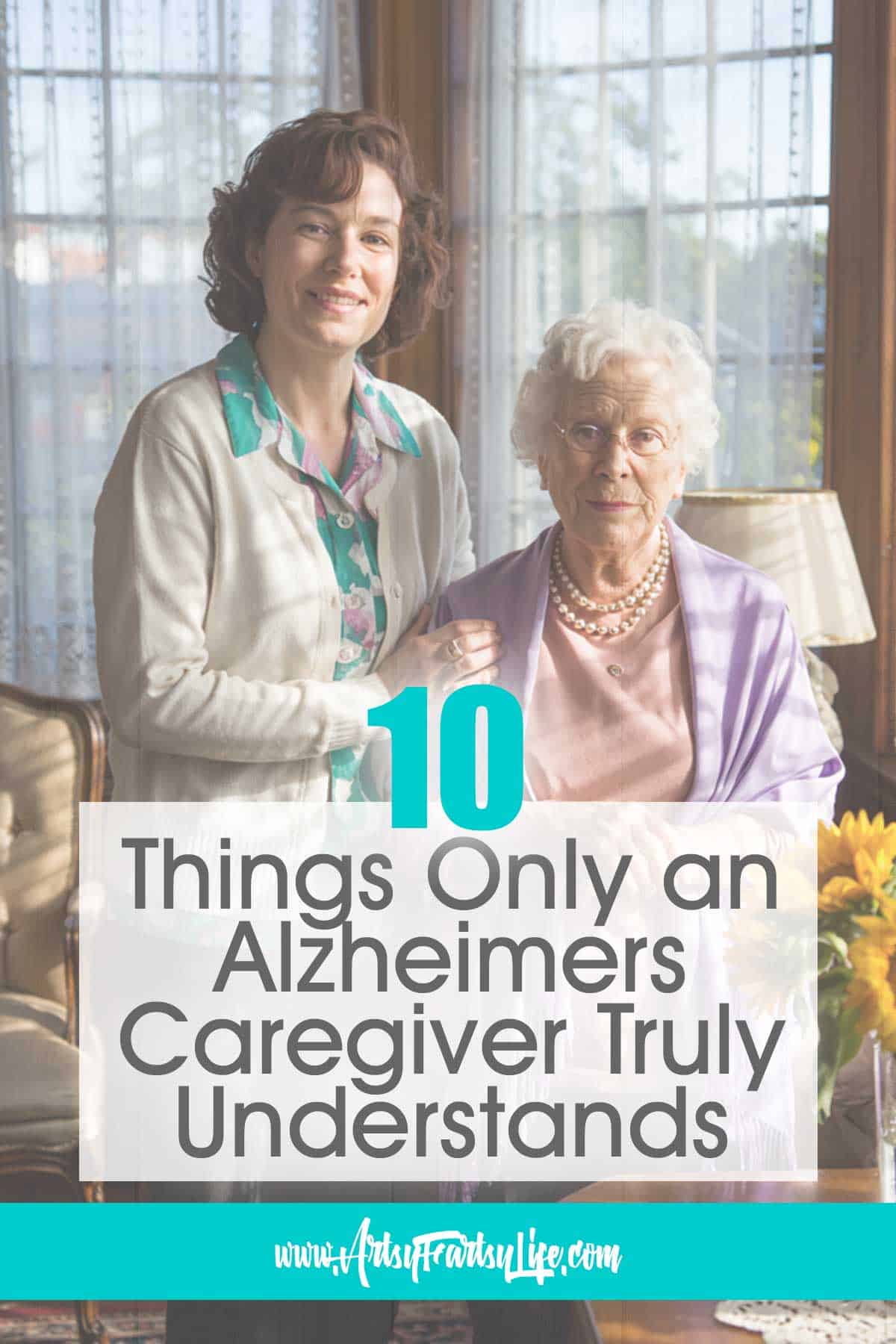Caring for aging parents—especially ones with Alzheimer’s or dementia—is one of those “no one teaches you how to do this” jobs. There’s no manual, no orientation, and definitely no calm, wise guru walking you through what to do when your mom insists on ordering a grill for her carpeted nursing home room. (Ask me how I know!)

Whether you're just stepping into the caregiving world or you're already knee-deep in the chaos, there are ways to make this journey easier—not just for your loved one, but for YOU too. Because let's face it, if you’re fried, frazzled, and falling apart, no one’s winning.
Here are 11 real-deal elder care tips that I learned the hard way (so you don’t have to).
1. Build a Rock-Solid Routine (For Everyone’s Sanity)
Routines aren’t just helpful—they’re a lifeline. Whether it was my dementia mom or the kids we adopted from foster care, doing the same things at the same times each day made life feel way more manageable. People with memory issues (or trauma) thrive on predictability.
It helps reduce confusion and outbursts because they start to feel what comes next, even if they can’t remember it logically. Bath at 7, tea at 7:30, and maybe a little dance party by 8? That’s the magic!
2. Don’t Argue, Just Nod and Strategize Later
Ah yes, The Grill Incident. Mom was planning her grand return home from the nursing facility—complete with ordering a grill for her bedroom. On carpet. I fought her on it, trying to inject logic.
But y’all, logic left the building months ago. What she needed was comfort, not confrontation. If I could go back, I’d say, “That sounds awesome, let’s look at grills tomorrow,” and then just… not look. Learn from me: go along gently and fix the logistics behind the scenes!
3. Conquer the Bathroom Battles Before They Begin
No one warned me how messy caregiving could be. From C. diff explosions to just basic hygiene slipping through the cracks, bathroom care is HUGE!
I wish I’d stocked up earlier on adult wipes, grab bars, disposable gloves, and all the other not-so-glamorous but totally essential tools. Being prepared saved my sanity more than once. Get the good stuff, and don’t be shy about using it!
4. Stop Trying to Be Rational with Someone Who Can’t Be
Bless my sweet little heart—I really thought I could reason with her. I’d correct her, explain things over and over, and end up emotionally wrecked when none of it stuck.
Eventually I learned about therapeutic lying (thank you, angels on the internet) and started just going along. Don’t sweat the year, don’t argue about where her purse is. Keep it kind, simple, and let the small stuff slide!
5. Secure the Home Like a Toddler Lives There
Forget labels—my mom couldn’t read them by that point. What did help was making our home safe.
We put locks high up on doors so she couldn’t wander outside, hid cleaning supplies and sharp things, and made sure rugs were out of tripping range. Think “babyproofing for grownups,” only with a LOT more stealth!
6. Tame the Sundowning Chaos with Schedules and Soothing Rituals
Sundowning hit us hard. As daylight faded, her anxiety would spike. What helped? Setting lights on timers (thank you Amazon Alexa), creating a calm space with soft music, and having a nightly tea ritual.
Our version of chamomile-and-cuddles turned into a powerful non-verbal signal that it was winding-down time. (Daylight Savings, on the other hand? NOT our friend.)
For more ideas, check out Sundowning and Dementia – 13 Tips To Help.
7. Keep a Care Journal (Your Future Self Will Thank You!)
I wrote about our caregiving journey on my blog (with Mom’s permission), and let me tell you—being able to go back and see when she started certain meds, how she reacted to routines, or what really worked during a meltdown has been invaluable.
Even a quick jot in a notebook can help you stay organized and emotionally grounded!
8. Master the Meal Plan—Even When Appetite Is All Over the Place
Some days, she ate like a linebacker. Other days, she wouldn’t touch food. Having go-to snacks and ready-to-serve meals helped take the stress out of “what the heck is she going to eat today?”
Favorites like pudding cups, smoothies, or grilled cheese sandwiches on standby made sure there was something she’d agree to eat. Prep ahead when you can—future you will cry tears of gratitude!
9. Say Yes to Help (Even If It’s Not “Perfect” Help)
Here’s a hard truth: no one else is going to do it exactly the way you do—and that’s okay. I used to get twitchy watching someone else care for Mom in a way that wasn’t “my way.”
But taking a break, even if it meant some things went sideways, was crucial for my mental health. You can fix a spilled juice box. You can’t fix burnout!
And if you’re feeling overwhelmed, check out this post on 23 Fun Ways to Battle Dementia and Alzheimer’s Caregiver Burnout.
10. Make Space for Joy (Crafts, Dance Parties, and Deep Breaths)
Caregiving doesn’t have to be all sadness and logistics. We danced in the kitchen. I snuck away to my craft room. I called friends and ugly cried on the phone. And those things? They kept me human.
Make joy non-negotiable. It’ll carry you through the hard days, and make the good ones even sweeter!
Need some inspiration? Here’s a list of 13 Fun Activities for Alzheimer or Dementia Patients.
11. Handle the Hard Stuff Early—Legal Docs and All
We almost missed our window for getting medical and general power of attorney in place. By the time we got in to see the lawyer, Mom was barely able to answer questions. Thank goodness she rallied enough to say she wanted us to handle her care. It was uncomfortable, but necessary.
Do it EARLY. The peace of mind it brings? Priceless!
Final Thoughts: You've Got This, Even When It Feels Like You Don't
Being a caregiver to aging parents—especially those with dementia—isn’t a one-size-fits-all kind of thing. It’s more like trial by fire, with a side of holy-water spritzes and lots of midnight Googling. But with routines, kindness (to them and yourself), and a healthy dose of humor, you can do this.
YOU are strong, loving, and doing the absolute best you can—and that is more than enough.
Here are some more great articles that you might love!
- 23 Fun Ways to Battle Dementia and Alzheimer’s Caregiver Burnout
- 13 Fun Activities for Alzheimer or Dementia Patients
- Sundowning and Dementia – 13 Tips To Help





